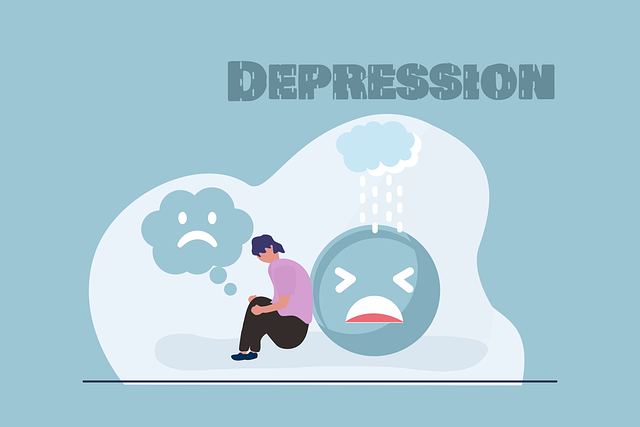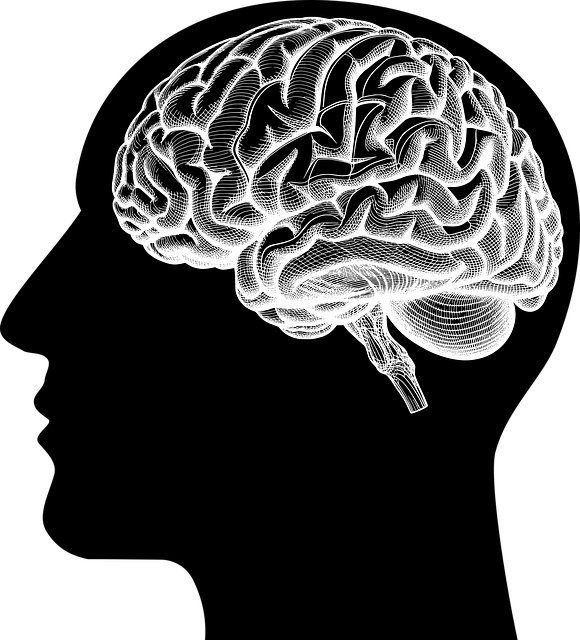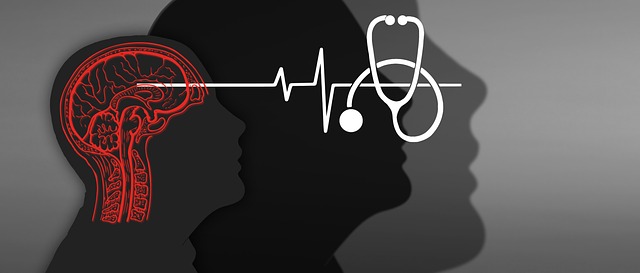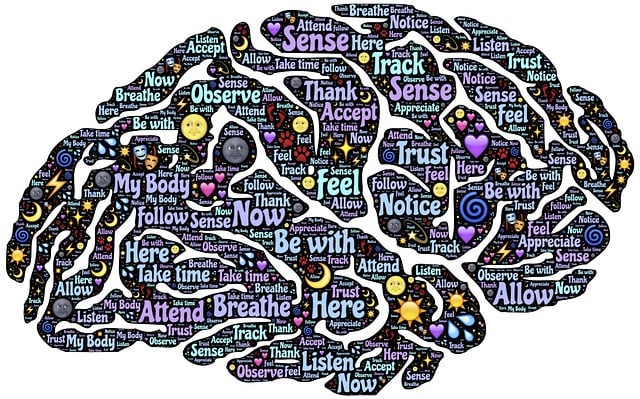Mental wellness coaching programs, like Superior Anger Management Therapy, offer tailored guidance for proactive mental health management. Through self-awareness development and coping strategy training, these programs empower individuals to overcome challenges, set goals, and cultivate positive mindset shifts. By addressing underlying causes of anger and trauma, Superior Anger Management Therapy fosters better emotional regulation, enhances relationships, and promotes healing. Implementing this evidence-based methodology requires clear goal-setting, structured sessions tailored to individual needs, regular assessments combining quantitative and qualitative feedback, and continuous refinement based on outcomes.
Mental wellness coaching programs are gaining prominence as essential tools for promoting holistic well-being. This article explores the transformative power of coaching, focusing on anger management as a key area. We delve into understanding the fundamentals of mental wellness coaching and its profound impact on individuals’ lives. Furthermore, we provide practical insights on designing effective therapy programs, implementing interventions, and evaluating success, emphasizing the development of superior anger management techniques.
- Understanding Mental Wellness Coaching and Its Impact
- Designing Effective Anger Management Therapy Programs
- Implementing and Evaluating the Success of Coaching Interventions
Understanding Mental Wellness Coaching and Its Impact

Mental wellness coaching programs have emerged as a powerful tool for enhancing individuals’ overall well-being and resilience. This approach focuses on empowering people to manage their mental health proactively, fostering self-awareness, and developing effective coping strategies. Through tailored guidance, coaches help clients navigate challenges, set achievable goals, and cultivate positive mindset shifts. The impact of such coaching extends beyond improved mental health awareness; it equips individuals with the skills to lead more fulfilling lives, enhance relationships, and make informed decisions regarding their emotional well-being.
One specific area where mental wellness coaching can significantly contribute is in anger management therapy. Superior Anger Management Therapy, for instance, utilizes coaching techniques to help individuals understand and manage intense emotions effectively. By integrating Mental Health Awareness and guiding participants through Mental Wellness Journaling Exercises, coaches facilitate self-reflection and emotional regulation. Moreover, Cultural Sensitivity in Mental Healthcare Practice ensures that these programs cater to diverse populations, making them accessible and relevant to people from various cultural backgrounds.
Designing Effective Anger Management Therapy Programs

Developing effective anger management therapy programs requires a multifaceted approach that goes beyond mere techniques. Superior Anger Management Therapy integrates compassion cultivation practices to foster understanding and empathy building strategies, creating a safe space for individuals to explore their emotions. By acknowledging the interconnectedness of mental wellness and emotional regulation, these programs offer tailored interventions that address underlying causes rather than just symptoms.
Incorporating Trauma Support Services into the design ensures that participants can process and heal from past traumatic experiences, which often manifest as anger. This holistic approach leverages evidence-based methodologies to empower individuals with durable skills for managing anger in a healthy way. Through these comprehensive programs, participants gain insights, build resilience, and cultivate healthier relationships, ultimately enhancing their overall mental wellness.
Implementing and Evaluating the Success of Coaching Interventions

Implementing and evaluating coaching interventions is a meticulous process that ensures the success and effectiveness of mental wellness programs. When introducing a new approach like Superior Anger Management Therapy, it’s crucial to have clear goals and measurable outcomes. Coaches should design structured sessions tailored to individual needs, incorporating evidence-based techniques such as Self-Care Practices and Social Skills Training to address specific challenges. Regular assessments during coaching allow for adjustments and provide valuable insights into the client’s progress.
Evaluating success goes beyond numerical data; it involves qualitative feedback from clients experiencing Anxiety Relief. By combining quantitative measures with subjective reports, coaches can gain a comprehensive understanding of intervention effectiveness. This holistic evaluation enables them to refine strategies, adapt techniques, and ultimately enhance the overall coaching experience, fostering better mental wellness outcomes.
Mental wellness coaching programs, such as superior anger management therapy, have proven to be impactful tools in promoting individual growth and well-being. By combining understanding, design, implementation, and evaluation, these programs can effectively address various mental health challenges. As we navigate the complex landscape of mental wellness, continued development and access to such interventions are vital to fostering healthier communities.














